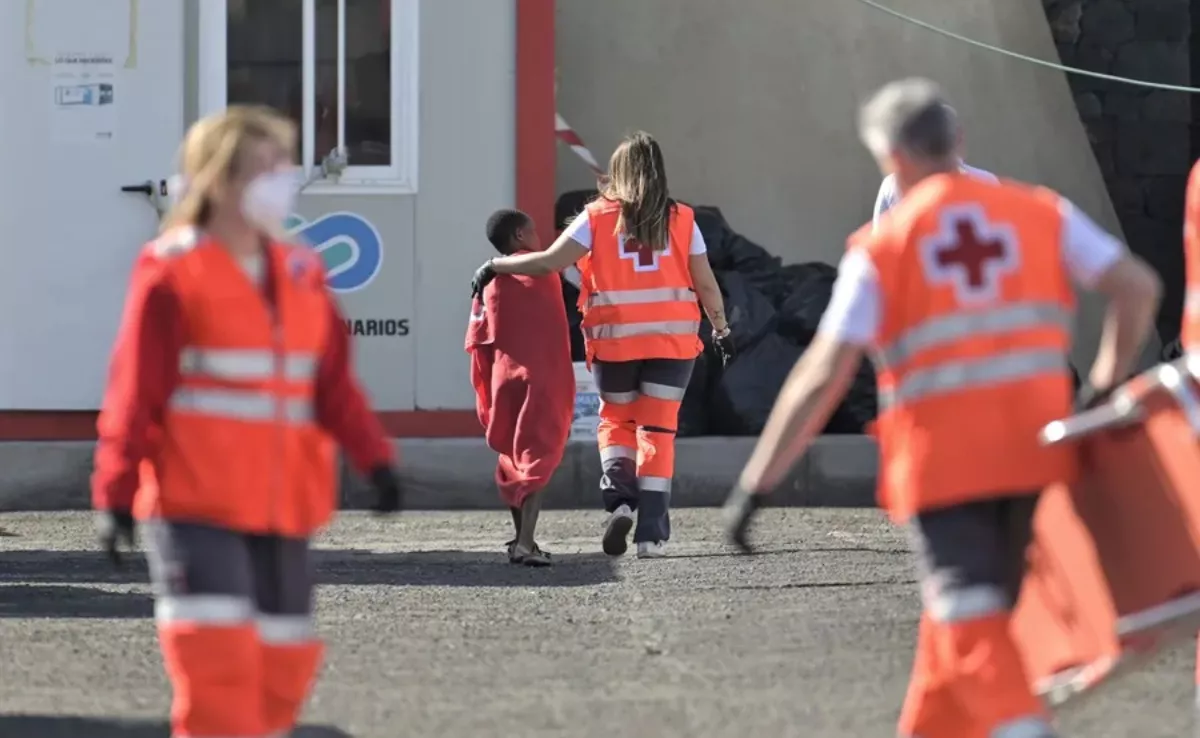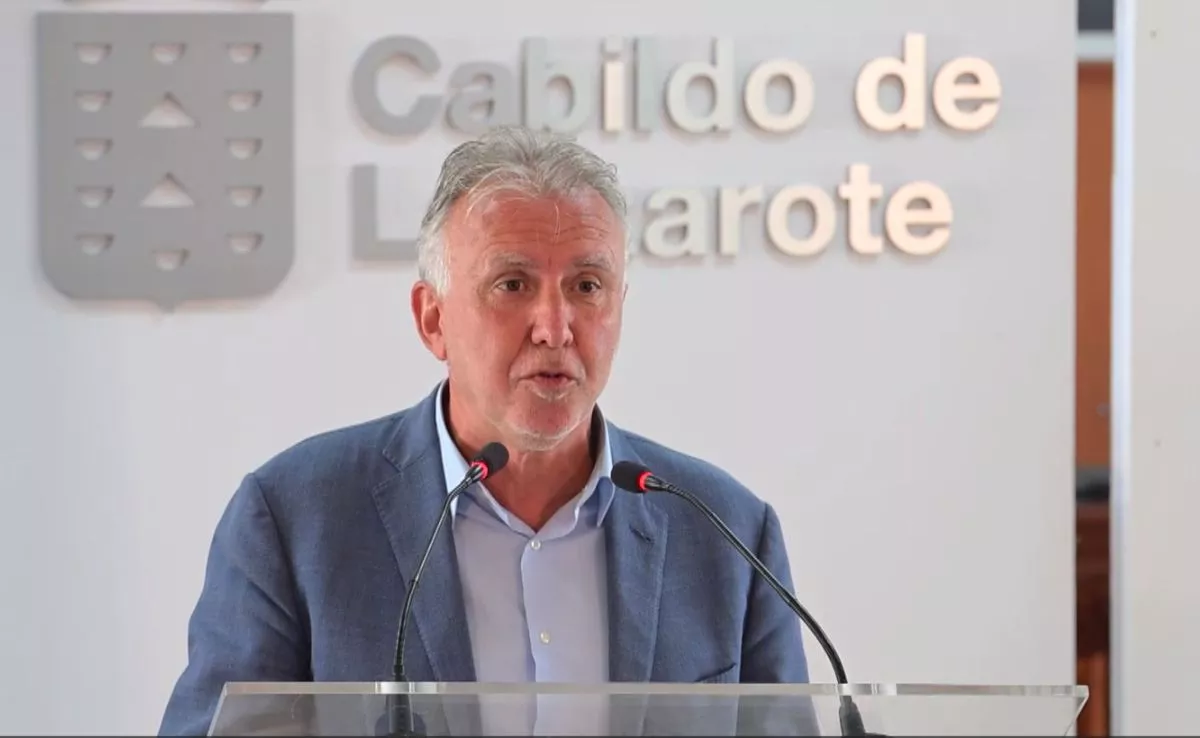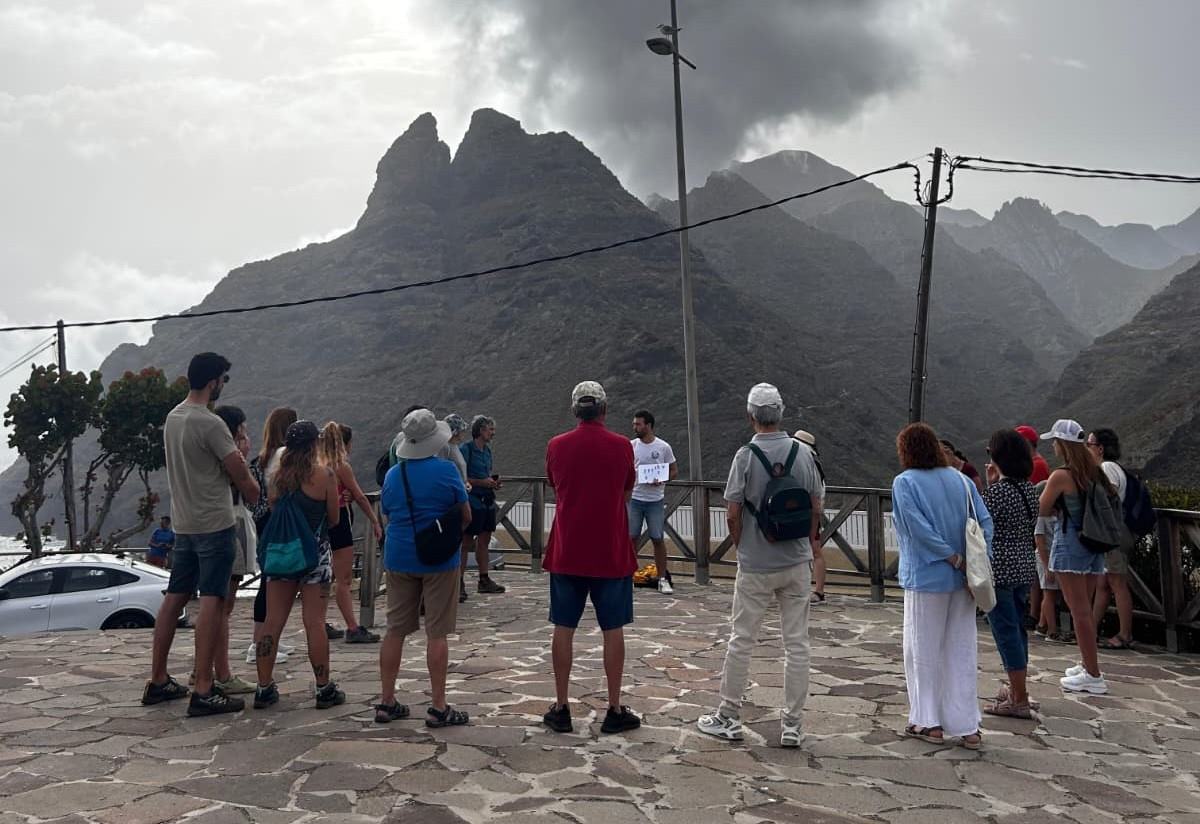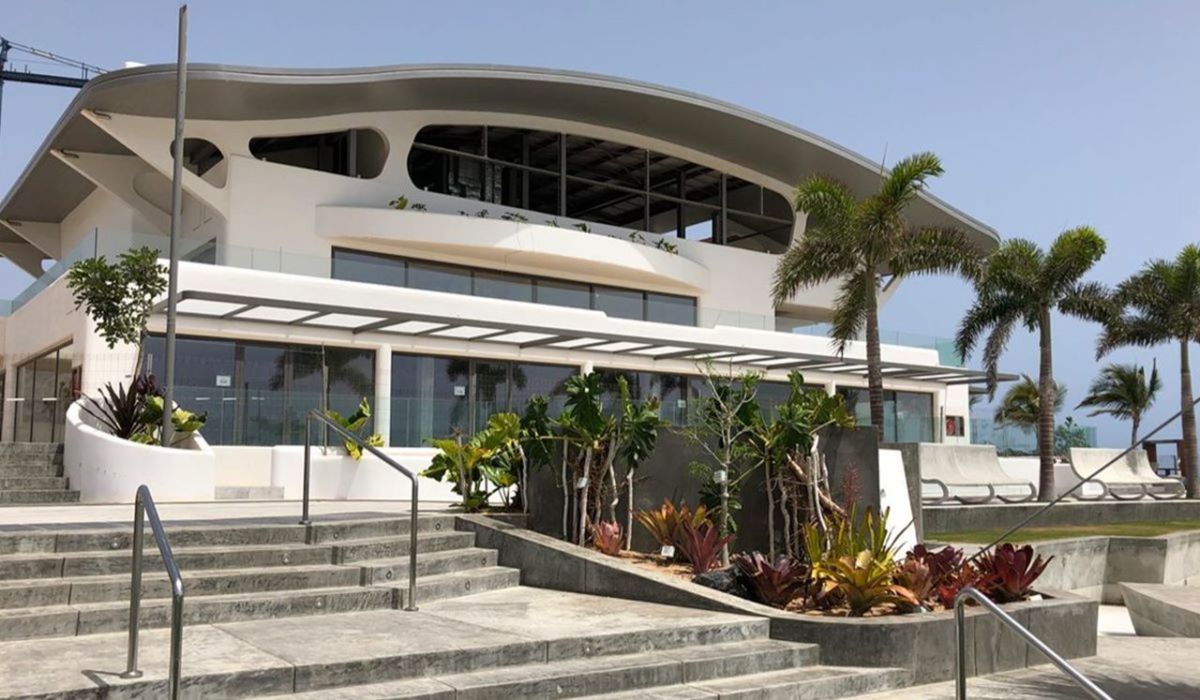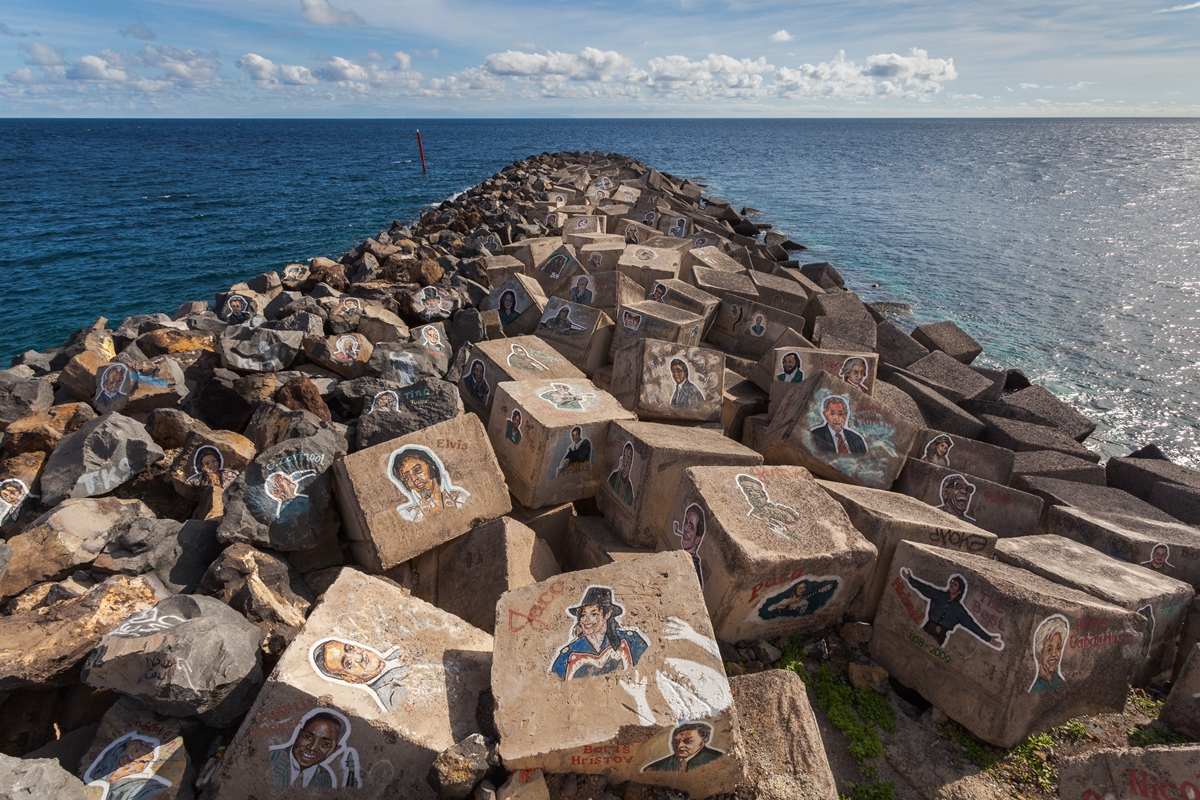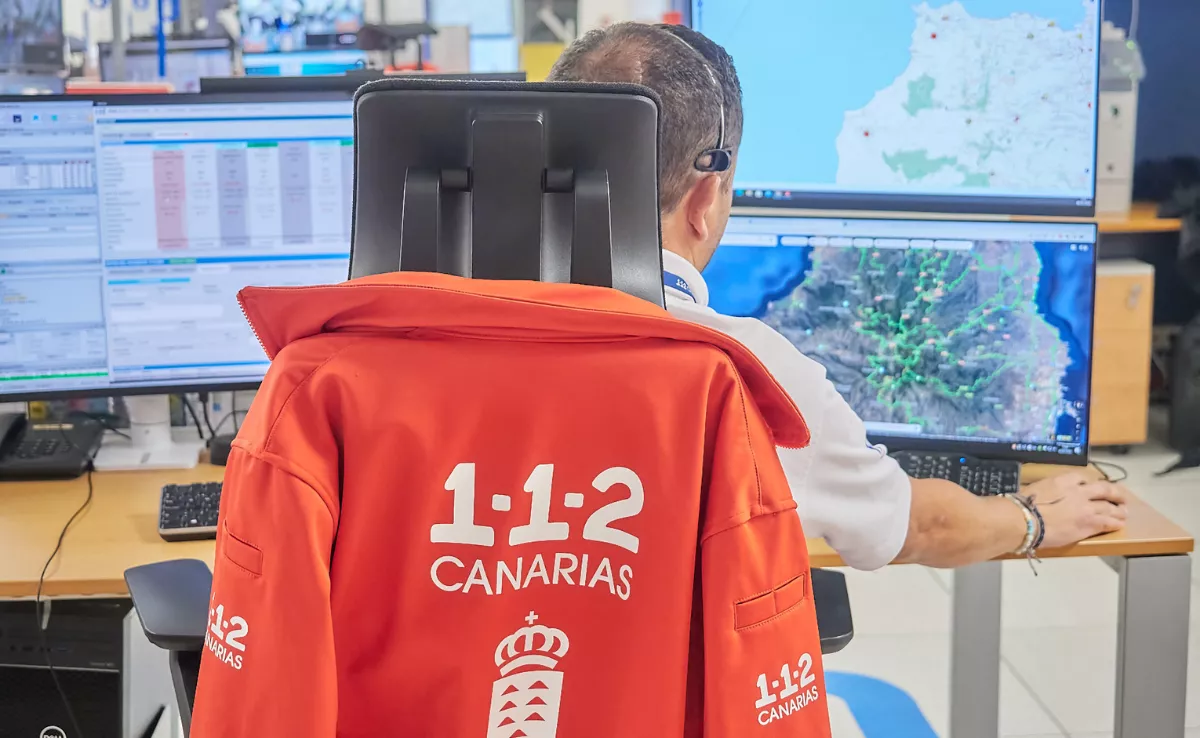Very few things in life are purely mathematical. For almost everything, there are countless nuances when it comes to understanding why things happen, and migration is no exception to the unwritten law of uncertainty. Even when it concerns minors. Escaping from home is challenging — especially in a boat that doesn’t guarantee safe passage — but the situation becomes even more complicated when the individual has not yet reached 18 years of age.
In recent days, several young individuals have begun to leave the Canary Islands six months after the Supreme Court (TS) ordered the State to initiate the distribution of those who have applied for asylum, aiming to alleviate the pressure on the system in the Archipelago — which currently hosts around 6,000 boys and girls. The main countries of origin for those leaving their families are Mali, Senegal, Gambia, and Morocco.
Diverse Reasons
Each case reveals a myriad of realities, and the factors driving migration cannot simply be counted on one hand. “I believe that there is not just one reason; there can be several, each varying according to the context in each moment and country,” states Vicente Zapata, director of the Tenerife Immigration Observatory and researcher at the University of La Laguna (ULL).
The expert highlights that the key to understanding this issue lies in the lack of opportunities, both at an individual and collective level. Examples include economic crises or conflicts, such as those currently affecting Mali. The most direct consequence is that the rights of minors are not safeguarded and there is often no guarantee of opportunities for academic or professional advancement.
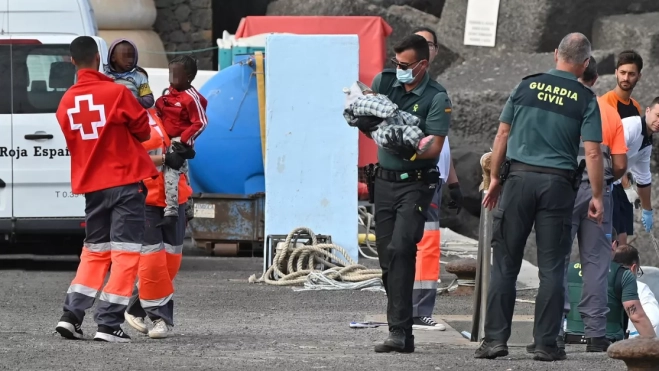
Family Projects
“In many cases, we are also discussing family projects. It is not solely an individual decision; sometimes it is the community itself that decides for them to take the risk of seeking opportunities elsewhere where they can contribute to the family’s well-being,” explains the geographer. Thus, he asserts, one of the greatest tragedies they face is the delay in sending resources back to their loved ones.
Zapata notes that the lack of resources causes many to consider leaving, entering into the logic of remittances, which migrants carry with them and maintain effective relationships with their areas of origin. “The possibility of contributing to family maintenance and the community’s development through work undertaken abroad,” clarifies Zapata.

Protecting Them
This generates a significant contradiction because upon arriving in Spain as minors, the State has a duty to protect them and ensure they live a full life appropriate to their age, which conflicts with their desire to work as soon as possible. Referring back to Mali, the researcher argues that the internal conflicts that cause “suffering, death, and persecution” create even greater urgency to escape.
“They seek to leave a situation of oppression, a problematic reality that sometimes puts lives at risk. Young people are sometimes drawn into armed groups or the realm of war and violence. This compels families to decide to remove their offspring from that context,” he continues.
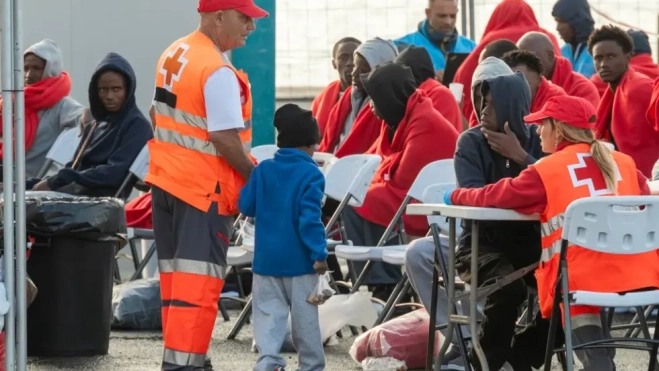
Affective Costs
It will depend on where in the country they reside, as urban areas provide better protection; however, inland communities are more exposed to the actions of armed groups. “All of this also has an emotional cost for the family, knowing that a child is leaving and must traverse a territory instils a period of uncertainty because a significant portion die in the attempt,” asserts the ULL professor.
“Yet, the factors pushing these individuals,” he stresses, “must be of such a magnitude that the risk of remaining in those territories is perceived as less than that of setting off.” Nonetheless, Zapata insists that the decision is not simple, neither at origin prior to departure, nor during the migratory transit — which is often in the hands of profit-driven organisations — nor at the destination where they must adapt to their new lives.
National Project
Zapata considers it fundamental that upon their arrival in the islands, all possible care systems are established: “As if these children had been born here among us.” “That is why it is important to strive for them to be received more equitably across the country, as in the end, migration is a phenomenon with national dimensions,” he adds.
Despite everything, it remains a contentious issue. This Friday, the Balearic Islands announced they would appeal to the Supreme Court (TS) and request the interim suspension of the decree approved by the Spanish Government that establishes the distribution procedure for migrant minors. The central Government has described this as racist, while the Canary Islands have labelled it “irresponsible and unsupportive.”
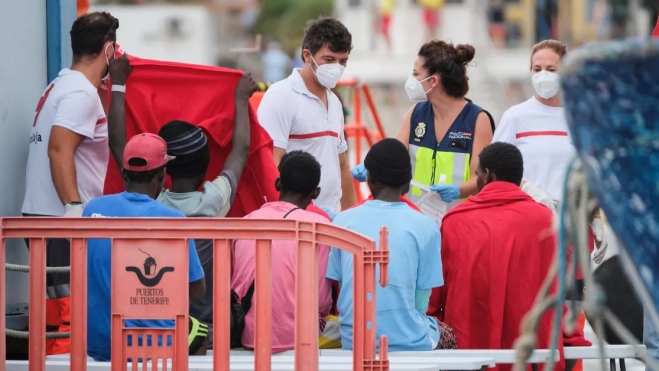
Displacement
Zapata believes that the Archipelago cannot shield itself behind the notion that migrant minors will eventually leave the territory in order to avoid “doing the best possible job.” He also comments that another circumstance arises during the reallocations: a third displacement occurs when embarking on the journey anew. The expert expresses concern over the tension this causes in certain sectors.
“These children go to other autonomous communities where there is considerable noise and a manufactured conflict, making some of them hesitate to leave. They are aware they are heading to places where, at least from a media and political perspective, the conditions are not the most favourable or suitable,” he reflects.
Reflective Process
The ULL researcher hopes that when the number of minors in care in the Canary Islands decreases, a reflective process will emerge regarding how to accommodate these minors and reconsider how they could be integrated into the broader society that provides such care.
“We still have room for improvement in terms of ensuring that the entire Canary society is also part of that care system. We must pay attention to how these children are cared for, facilitating their permanence across the different islands and municipalities, encouraging community interactions with the rest of society,” he ponders.
As well as remaining vigilant against practices or situations that are genuinely inappropriate and reportable because these children could easily be our own. And during their stay here, they are, so all of us living in the Canary Islands have a duty to care for them,” he concludes.


